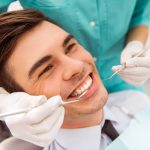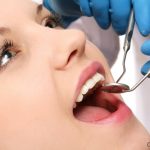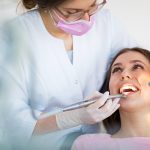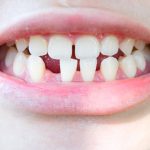Quick Guide: When Can You Eat After Wisdom Teeth Removal?
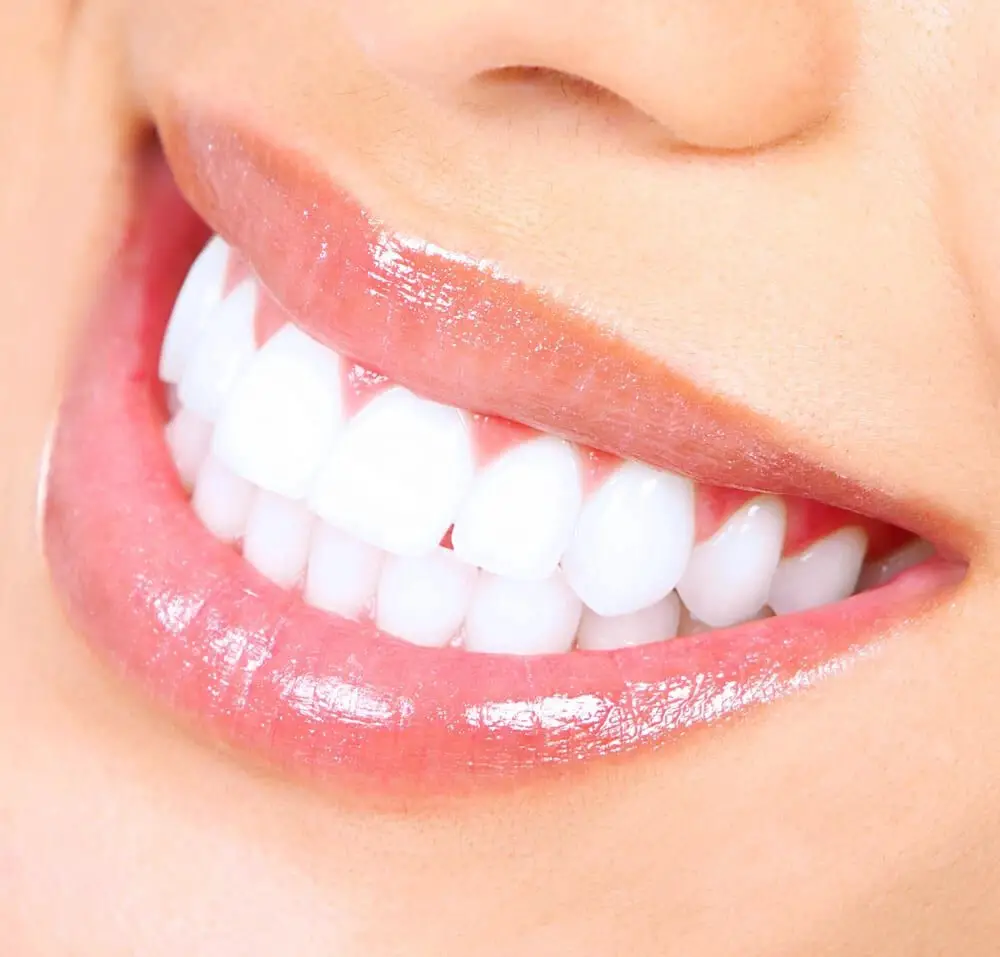
Wisdom teeth removal is a common procedure performed to alleviate pain and discomfort caused by impacted wisdom teeth. Although the surgery itself is relatively quick and straightforward, the recovery phase can be challenging, especially when it comes to eating. Patients are often left wondering when they can eat after wisdom teeth removal and what types of foods they can consume. This quick guide aims to answer these questions and provide essential tips to ensure a smooth and speedy recovery. The timeline for eating after wisdom teeth removal varies depending on several factors, such as the number of teeth removed, the complexity of the procedure, and individual healing rates. Generally, patients can start eating soft and cool foods a few hours after the surgery. However, they should avoid hot and spicy foods, crunchy or sticky foods, and acidic or carbonated beverages for at least a week or until the surgical site has fully healed. Adhering to a proper diet during the recovery phase is crucial as it promotes healing, reduces the risk of complications, and ensures a comfortable and speedy recovery. So, let’s dive in and explore the do’s and don’ts of eating after wisdom teeth removal.
Wisdom teeth removal is a common dental procedure that involves the extraction of one or more wisdom teeth, which are the last set of molars that grow at the back of the mouth. These teeth can cause problems if they do not have enough room to grow properly, such as pain, infection, and damage to neighboring teeth. The procedure itself is usually performed under local anesthesia, and the recovery period can take up to a week or more. During this time, it is important to follow post-operative instructions carefully, such as avoiding certain foods and drinks and maintaining good oral hygiene to prevent complications. Overall, wisdom teeth removal can help alleviate discomfort and protect your oral health in the long run.
Eating after surgery is crucial for the healing process, as it provides essential nutrients to the body, helps rebuild tissues, and boosts the immune system. After wisdom teeth removal, it is recommended to eat soft, easy-to-digest foods such as mashed potatoes, soups, and smoothies to prevent irritation or infection in the surgical site. It is also important to stay hydrated by drinking plenty of water and avoiding alcohol and hot beverages. Failure to eat after surgery can lead to weakness, dehydration, and delayed healing, which can prolong recovery time. Therefore, it is important to follow the post-operative instructions provided by the oral surgeon and maintain a healthy diet to ensure a smooth and speedy recovery.
The First 24 Hours

The first 24 hours after wisdom teeth removal are crucial for the healing process. During this time, it is important to rest and avoid any strenuous activities that may cause bleeding or swelling. Patients should also avoid rinsing their mouth or using straws, as this can dislodge the blood clot that forms in the extraction site. Instead, patients should gently bite down on gauze pads to help control bleeding and promote clotting. Ice packs can also be applied to the cheeks to help reduce swelling and pain. It is also recommended to avoid smoking or using tobacco products, as this can delay the healing process. In terms of diet, patients should stick to soft, cool foods that are easy to chew and swallow. It is important to avoid hot or spicy foods, as well as crunchy or hard foods that may irritate the extraction site. Patients should also avoid consuming alcoholic beverages, as this can increase the risk of bleeding. Instead, patients should drink plenty of water and clear fluids to stay hydrated and promote healing. With proper care and attention during the first 24 hours, patients can help ensure a smooth and successful recovery after wisdom teeth removal.
Rest and avoiding eating play a crucial role in the recovery process after wisdom teeth removal. Rest allows the body to focus its energy on healing, while avoiding eating helps to prevent complications such as infection, bleeding, and dry socket. It is important to follow the post-operative instructions provided by your dentist or oral surgeon, which may include avoiding solid foods for a certain period of time and sticking to a soft or liquid diet. It is also recommended to avoid smoking and using straws, as the suction can dislodge the blood clot that forms in the extraction site and delay the healing process. By taking adequate rest and avoiding eating, you can help ensure a smooth and speedy recovery after wisdom teeth removal.
After wisdom teeth removal, it is recommended to consume liquids and soft foods to avoid any discomfort and minimize the risk of infection. Clear broths, smoothies, and fruit juices are good options as they are easy to swallow and provide essential nutrients. It is also important to stay hydrated, so drinking plenty of water and electrolyte-rich fluids such as coconut water or sports drinks is crucial. When it comes to solid foods, mashed potatoes, scrambled eggs, and pureed soups are gentle on the healing areas and provide adequate nourishment. Avoid hard, crunchy, or sticky foods that can get stuck in the sockets and delay the healing process. Overall, following a soft and liquid diet for the first few days after wisdom teeth removal can help facilitate a speedy recovery.
Days 23
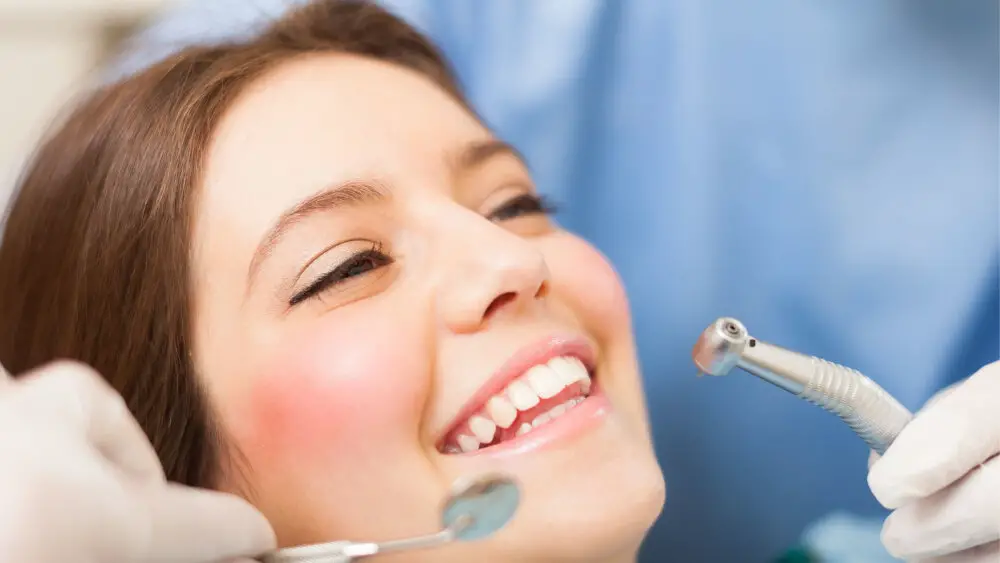
Day 23 after wisdom teeth removal is a crucial milestone in the healing process. By this time, most patients can resume their normal diet, but it is still important to exercise caution. It is recommended to stick to soft, easy-to-chew foods for a few more days to avoid any complications. You may gradually introduce solid foods, but be sure to chew them slowly and carefully to prevent any damage to the healing wound. It is important to avoid sticky, crunchy, or hard foods that can irritate the gums and cause discomfort. You should also continue to maintain good oral hygiene by brushing and flossing gently to prevent any infections. In addition, swelling and pain should have significantly reduced by day 23. However, it is still important to monitor any signs of infection or complications, such as bleeding, fever, or persistent pain. If you experience any of these symptoms, contact your dentist immediately. It is also important to attend any follow-up appointments to ensure that the healing process is progressing as expected. By following these guidelines, you can ensure a smooth and successful recovery after wisdom teeth removal.
After getting your wisdom teeth removed, it’s important to avoid certain types of foods that can cause further discomfort or disrupt the healing process. Foods to steer clear of include hard, crunchy, or chewy items such as nuts, popcorn, chips, and candy. Sticky or gummy foods like caramel or chewing gum can also be problematic as they can get stuck in the extraction site. Acidic or spicy foods like citrus fruits, tomatoes, and hot peppers can irritate the healing area, as can carbonated beverages. It’s best to stick to soft, easy-to-eat foods like mashed potatoes, soup, yogurt, and smoothies for the first few days after surgery. As you begin to feel better, you can gradually reintroduce harder foods back into your diet.
Chewing carefully is crucial for many reasons, particularly after a wisdom teeth extraction. When you chew your food, you break it down into smaller pieces that are easier for your body to digest. Chewing carefully also helps protect your remaining teeth from damage by evenly distributing the pressure of biting and chewing. After wisdom teeth extraction, chewing carefully is even more important because the surgical site is still healing. Chewing on the opposite side of your mouth can help prevent the formation of dry sockets, a painful complication that can arise if the blood clot that forms in the extraction site becomes dislodged. So, it is essential to chew slowly and carefully to allow your mouth to heal properly and avoid any complications.
Days 47
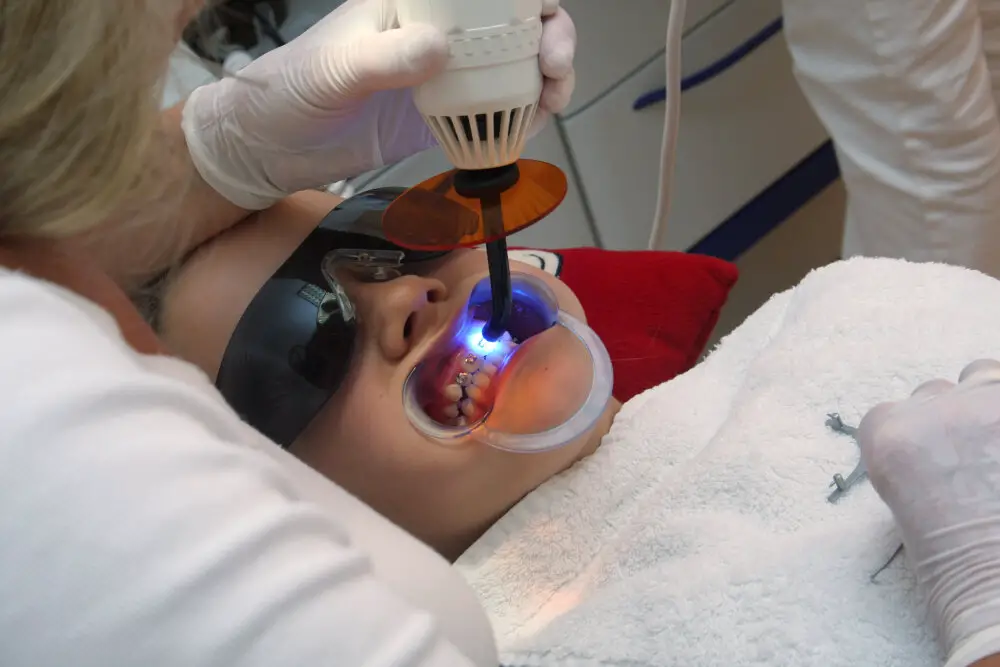
On Day 47 after wisdom teeth removal, you should be fully healed and able to eat normally again. By this point, the surgical site should have completely closed up and any discomfort or swelling should be long gone. However, it is still important to be cautious with your food choices and eating habits to ensure that you do not cause any damage or irritation to the area where your wisdom teeth once were. It is recommended that you continue to avoid hard or crunchy foods for a few more weeks after Day 47, as these types of foods can still cause discomfort or even damage to the surgical site. It is also important to continue practicing good oral hygiene habits, such as brushing and flossing regularly, to prevent any infections or complications from occurring. Overall, by Day 47, you should be feeling back to your normal self and able to enjoy a variety of foods once again, just be sure to take it easy and listen to your body as you transition back to your regular diet.
After having your wisdom teeth removed, there are certain foods that should be avoided to prevent any complications in the healing process. First and foremost, avoid any hard and crunchy foods such as chips, nuts, and popcorn as they can get stuck in the extraction site or even dislodge the blood clot, leading to dry socket. Acidic foods such as citrus fruits and tomatoes may also irritate the extraction site and delay the healing process. Additionally, spicy and hot foods can cause discomfort and pain. Lastly, it is important to avoid any carbonated or alcoholic beverages as they can also cause dry socket and delay the healing process. It is best to stick to soft and easily digestible foods such as soups, smoothies, and mashed potatoes for the first few days after surgery.
Chewing carefully is crucial for maintaining good oral health, especially after wisdom teeth removal. When we eat, our teeth and gums are subjected to forces that can cause damage if not controlled. Chewing food thoroughly reduces the risk of damaging any stitches or blood clots that may have formed after tooth extraction. Moreover, it helps to break down food into smaller pieces, making it easier to digest. Chewing slowly and carefully also allows our brain to register when we are full, preventing overeating and the associated health complications. Therefore, it is important to take your time and chew your food carefully, particularly after wisdom teeth removal, to avoid any unnecessary discomfort or complications that may arise.
Beyond Day 7
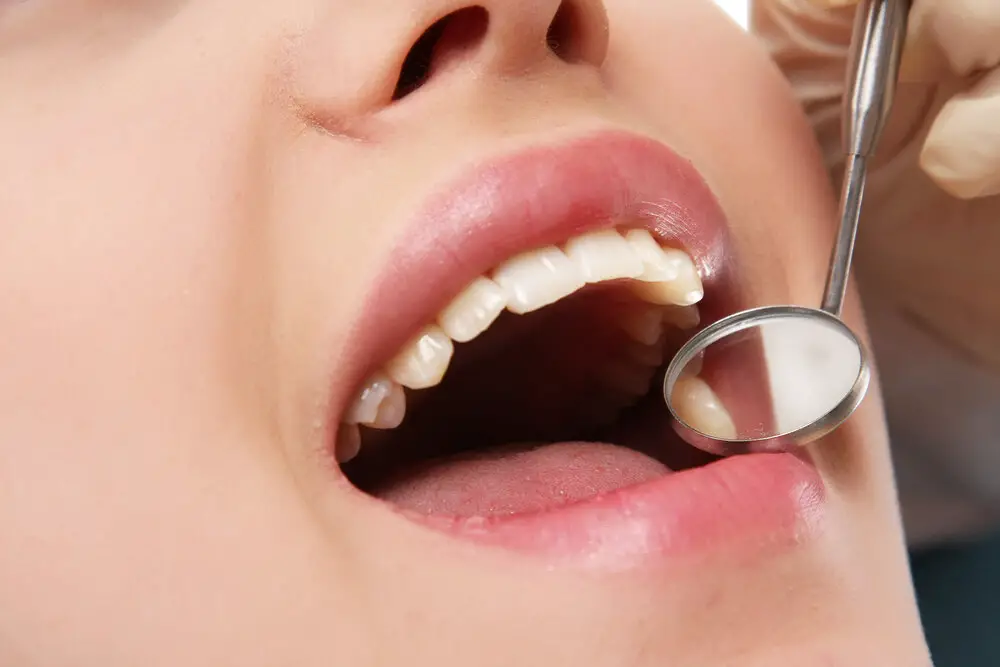
Beyond Day 7, your recovery from wisdom teeth removal should be well on its way. However, it’s important to continue following your dentist’s instructions to ensure complete healing. You may still experience some swelling and discomfort, but it should gradually subside. If you are still experiencing pain after a week, it’s important to contact your dentist as it may indicate an infection or other complication. During this time, it’s also important to continue maintaining good oral hygiene. Gently brush your teeth and tongue twice a day and rinse your mouth with warm salt water after meals to help prevent infection. Avoid using mouthwash or anything that may irritate your gums. You may also begin to reintroduce solid foods into your diet, but it’s important to take it slow and start with soft, easy to chew foods. Avoid hard, crunchy, or sticky foods that may irritate your gums and prolong your recovery. With proper care and attention, you should be back to your normal routine in no time.
After undergoing wisdom teeth removal surgery, it is essential to follow a gradual return to normal diet. During the first few days after the surgery, it is recommended to stick to a liquid or soft food diet to allow for proper healing of the surgical site. As the days progress, patients can slowly incorporate more solid foods into their diet, starting with soft and easy-to-chew foods like cooked vegetables, scrambled eggs, and mashed potatoes. It is important to avoid hard, crunchy, or sticky foods that can irritate the surgical site or dislodge the blood clot, which can lead to a painful condition called dry socket. Gradually reintroducing solid foods can aid in the healing process and ensure a smooth recovery after wisdom teeth removal.
Maintaining good oral hygiene is crucial for overall health and well-being. Poor oral hygiene can lead to a variety of dental problems such as cavities, gum disease, and bad breath. Regular brushing and flossing can help remove plaque and bacteria from the teeth and gums, preventing these issues. Additionally, after wisdom teeth removal, it is important to maintain good oral hygiene to prevent infection and promote healing. This includes avoiding certain foods and drinks and following the post-operative instructions provided by your dentist or oral surgeon. By taking care of your oral health, you can prevent dental problems and maintain a healthy, confident smile.
Proper eating after wisdom teeth removal is crucial for a speedy recovery. The first few hours after the procedure, patients should only consume clear liquids such as water, apple juice, or broth. After that, they can gradually introduce soft foods such as mashed potatoes, scrambled eggs, and smoothies. It is important to avoid crunchy, hard, or sticky foods as they can dislodge the blood clot and delay healing. Patients should also steer clear of hot and spicy foods, alcohol, and smoking as they can cause irritation and infection. Adequate nutrition is essential for the body to heal properly. Therefore, patients should aim to eat a balanced diet consisting of protein, vitamins, and minerals to promote healing and reduce the risk of complications.
When it comes to eating after wisdom teeth removal, it’s important to listen to your body and follow your dentist’s instructions. Stick to soft, cold foods for the first few days and avoid anything that requires excessive chewing, as this can strain the healing sockets. As you start to feel better, gradually introduce warmer and more solid foods, but still avoid anything crunchy or hard. Remember to stay hydrated and avoid using straws, as the suction can dislodge the blood clot and delay healing. With proper care and attention, you can enjoy a speedy and comfortable recovery after your wisdom teeth removal.
Conclusion
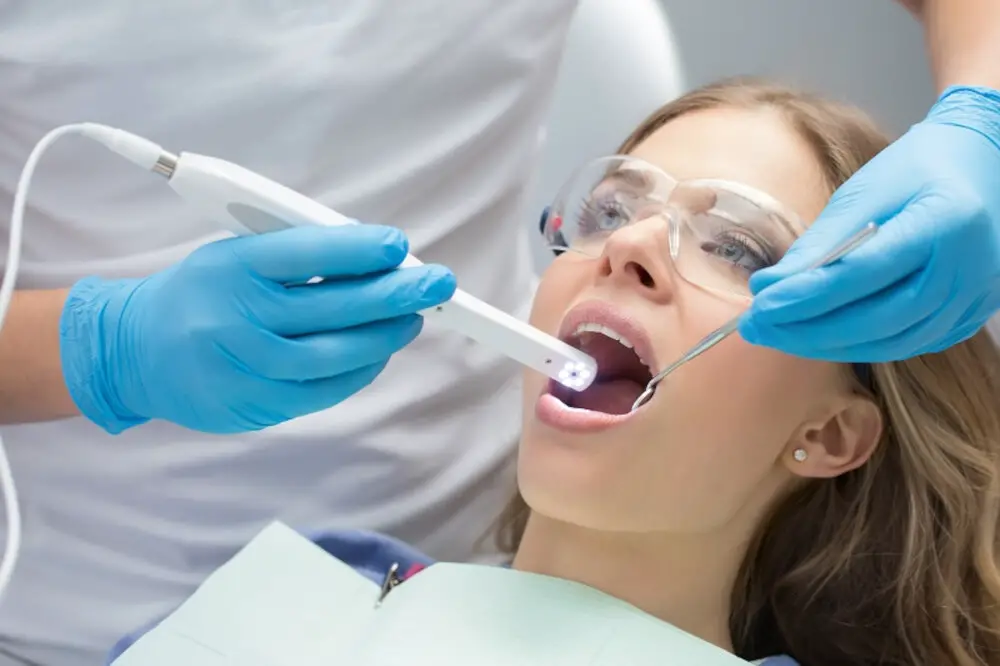
In conclusion, the timing of when you can eat after wisdom teeth removal depends on various factors such as the type of food, the extent of the surgery, and the individual’s healing process. It’s important to follow the dentist’s recommendations and stick to soft, nutritious, and easily digestible foods during the initial days of recovery. Gradually incorporating solid foods into the diet and avoiding spicy, acidic, or crunchy foods can help prevent complications and promote healing. Remember to stay hydrated and avoid using straws or smoking, which can increase the risk of dry socket. With patience and proper care, you can enjoy a speedy recovery and get back to your regular eating habits soon.
